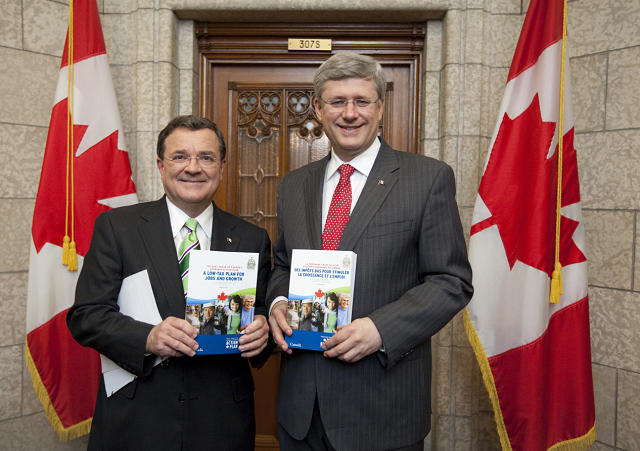Politicians by nature are not the most introspective of creatures. They do what they think they have to do, or what their leaders tell them to do. It is a rare politician who pauses to ask himself or herself why they are doing it, or to question whether it is the right thing, or best thing, for the country they serve.
That said, members of Parliament have an opportunity this week and next week to take stock. The sudden death of former finance minister Jim Flaherty shocked everyone on Parliament Hill and far beyond.
Here was a man who had worked too hard for eight years in the service of the Harper government. In the process he destroyed his health and, suddenly, he was gone before he can even start to enjoy retirement. Many of his former colleagues from all parties, most of whom genuinely liked and respected the feisty little Irishman, are asking themselves whether it is all worth it.
Parliament has become a very nasty place. Way back when, I spent 15 happy years in the Parliamentary Press Gallery, covering the Hill. I barely recognize the place today.
In those days, the House of Commons was a rough and tumble arena, but respect for the rules and the firm hand of the speaker prevented it from becoming what it is today: a place where blind partisanship, vitriol and personal attacks have taken over. In those days, there was no Pierre Poilievre and no Orwellian “Ministry of State for Democratic Reform” — for which those of us who there might, in retrospect, be grateful.
The Commons is not sitting this week or next as MPs take an extended Easter recess. The break will not only enable them to say goodbye to Jim Flaherty — his state funeral is on Wednesday — but also to reflect on the sort of Parliament they want to return to.
Radical change is not in the cards, but MPs could take a few baby steps. On the government side, they could stop parroting the absurdly partisan and abusive lines written for them by the Prime Minister’s Office. On the opposition side, they could tone down the outrage; not everything the government does is wrong, badly motivated or an affront to democracy.
They could take a balanced approach to legislation. If a piece of legislation would make a bad law, they should expose its flaws (or, if on the government side, admit its flaws), then withdraw it or defeat it. If a piece of legislation would make a good law, they should applaud it and pass it.
The so-called Fair Elections Act is the place to start. This is Poilievre’s baby, conceived in the Conservative war room and handed to the young minister by the prime minister. The act surely has critics. Among other things, it’s being called the “Unfair Elections Act,” an “Assault on Democracy Act,” an “Act to Perpetuate Conservative Governments (Forever),” and “Stephen Harper’s Revenge Against Elections Canada.”
There are many things wrong with the Fair Elections Act, but I’ll mention just two. First, it is unnecessary. There is nothing fundamentally wrong with the existing Canada Elections Act. It act has given Canada some of the fairest and most honest elections in the world. Canadians are the first people other nations call for when they need international election observers. Our rules work.
The second thing that’s wrong is that the Fair Elections Act is thoroughly bad legislation — retrograde, badly motivated, poorly crafted and appallingly partisan. It would discourage turnout by making it more difficult for some (mainly non-Conservative) groups to vote (the poor, homeless and students). It would politicize enforcement by transferring authority over the rules from the public servants who are custodians of the act today to the agents of the party in power.
Jim Flaherty has reminded us of the fragility of life. Do we need Pierre Poilievre and his Fair Elections Act to remind us of the fragility of our democracy?
Cambridge resident Geoffrey Stevens, an author and former Ottawa columnist and managing editor of the Globe and Mail, teaches political science at Wilfrid Laurier University and the University of Guelph. His column appears every Monday in Waterloo Region Record and Guelph Mercury. He welcomes comments at [email protected]
Image: flickr/photoswebpm



